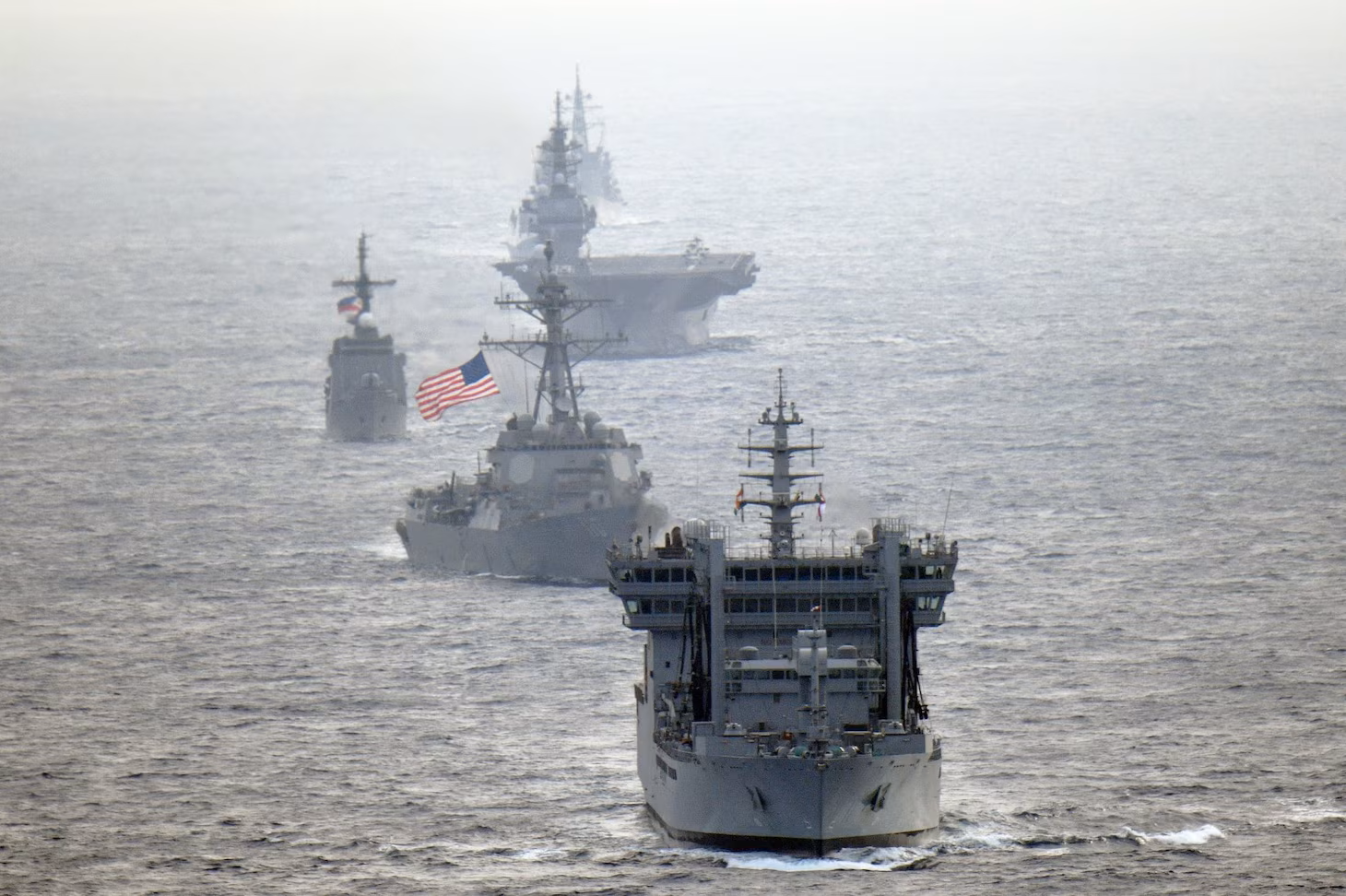
Source Global Times
BEIJING, China: As the US Senate Armed Services Committee on Tuesday voted to advance the nomination of Samuel Paparo as chief of the US Indo-Pacific Command (INDOPACOM), sending the matter to the full Senate for a confirmation vote, Chinese experts warn that under the new chief's command, it is very possible that the US military will try to create a crisis and deepen military tensions with China in the Asia-Pacific, especially across the Taiwan Straits.
Paparo, who was first nominated last July, currently serves as the commander of the US Pacific Fleet. If confirmed, he will succeed Adm. John Aquilino as chief of INDOPACOM, the US media outlet Inside Defense reported on Tuesday.
The role is a three-year job and one that Aquilino has held since April 2021, according to the US Naval Institute on Tuesday.
Changing the chief is a routine move, but choosing Paparo, who has been tough on China-related issues, again signals that Washington is stepping up its anti-China strategy, especially on military in the Asia-Pacific, experts believe.
The US military always regards China as an imaginary enemy, and on multiple issues such as the Taiwan question and the South China Sea issue, the US military adopts a goal of maximizing deterrence against China, said Li Haidong, a professor at China Foreign Affairs University.
He pointed out that the Indo-Pacific strategy is to demonstrate the military function of the US by creating military tension, promoting an arms race, division and confrontation among countries in the region.
Recently, Paparo has also discussed the need for autonomous systems to provide "persistent stare" over his area of responsibility to better deter the Chinese mainland from "possible military action" against Taiwan region, according to Inside Defense.
"The trajectory of the PLA, the People's Liberation Army, across all of its services, and its activity and its aggression, that itself is the greatest challenge," he told a Senate hearing on February 1.
Wei Dongxu, a Beijing-based military expert, told the Global Times on Wednesday that it is not surprising for Paparo to make those provocative remarks as he likes to hype the theory of "China's military threat" so as to better demonstrate the importance of the INDOPACOM.
Wei warned of a series of China-targeting policies that would be issued under Paparo's command, which aims to consolidate the US military hegemonic system and exert more military pressure against China.
With secessionist Lai Ching-te scheduled to take office as Taiwan regional leader on May 20, during the next few months, there will be more uncertainties across the Straits, Li believes.
The US is attempting to deepen military tensions with China and create a crisis, and profit from the potential crisis, Li warned, who noted that the military function of the US in the Asia-Pacific is destructive, divisive and confrontational, and undermines the existing security and stability pattern in the region.
Wei stressed that we should be on alert for the US trying to join up its different military alliances, such as combining Japan's military strength with AUKUS, so as to use more resources to deter China.
In response, China should not only advance the construction of its own strength, but also properly handle relations with neighbors and stay together against the external power, experts suggested.




0 Comments
LEAVE A REPLY
Your email address will not be published